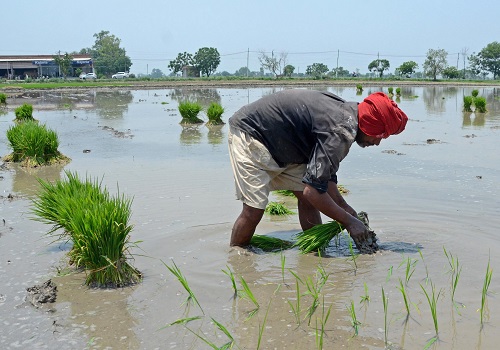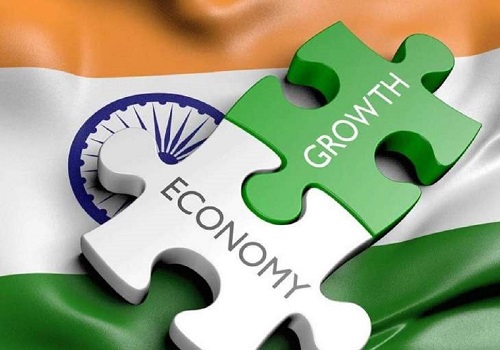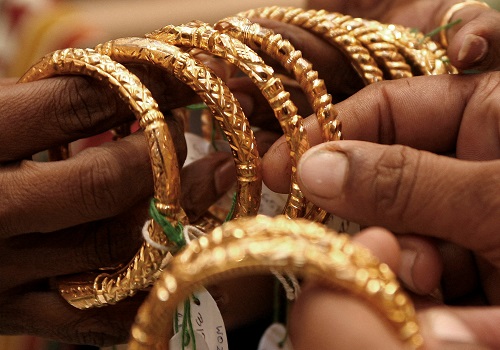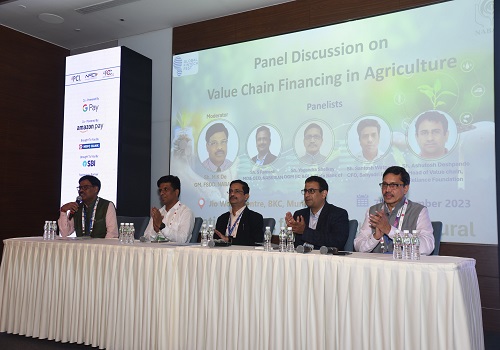Deficient rainfall, lower sowing of rice & pulses push prices higher

Follow us Now on Telegram ! Get daily 10 - 12 important updates on Business, Finance and Investment. Join our Telegram Channel
Deficient rainfall and the consequent lower sowing of rice and pulses have pushed prices higher.
Kharif sowing as of July 14 stood at 1.6 per cent lower than last year. This is mainly due to lower sowing of rice and pulses, Motilal Oswal Financial Services said in a report.
The area under paddy cultivation is still 6.1 per cent lower than last year. The area under pulses is 13.3 per cent lower than last year. Productions of oilseeds, jute and cotton are also lower.
On the other hand, coarse cereals (+18.1 per cent YoY) and sugarcane (+4.7 per cent YoY) are doing well.
A deficient monsoon in major rice-producing states (with 49 per cent share), such as West Bengal (12 per cent below normal), Uttar Pradesh (2 per cent below normal), Andhra Pradesh (15 per cent below normal), Odisha (28 per cent below normal), Telangana (26 per cent below normal), Chattisgarh (23 per cent below normal), Bihar (31 per cent below normal) and Assam (7 per cent below normal), has affected rice sowing detrimentally, the report said.
Though, states with higher irrigation cover, such as Uttar Pradesh, Andhra Pradesh and Telangana, will be less impacted.
A deficient monsoon in major pulses-producing states (with 33 per cent share), such as Maharashtra (12 per cent below normal), Karnataka (2 per cent below normal), Andhra Pradesh (15 per cent below normal), Jharkhand (28 per cent below normal) is affecting sowing of pulses adversely.
Lower irrigation cover in all the major states that produce pulses would affect pulses production more. Inflation in pulses has nearly doubled in the past five months. It stood at 6.6 per cent in June, the report said.
Deficient rainfall, and consequently lower rice and pulses sowing, has pushed prices higher. Rice constitutes around 4.4 per cent and pulses have a weight of 6 per cent in the overall CPI basket.
Cumulative rainfall until July 15 was on a par with normal compared with a 2 per cent surplus as of July 9 and 14 per cent above normal last year.
However, the distribution of rainfall remains uneven.
Apart from the northwest region (49 per cent above normal) and central India (1 per cent above normal), all other regions have witnessed below normal rainfall.
The rainfall in the southern peninsula is at 22 per cent below normal. The eastern and northeastern regions have witnessed a deficit of 19 per cent.

























